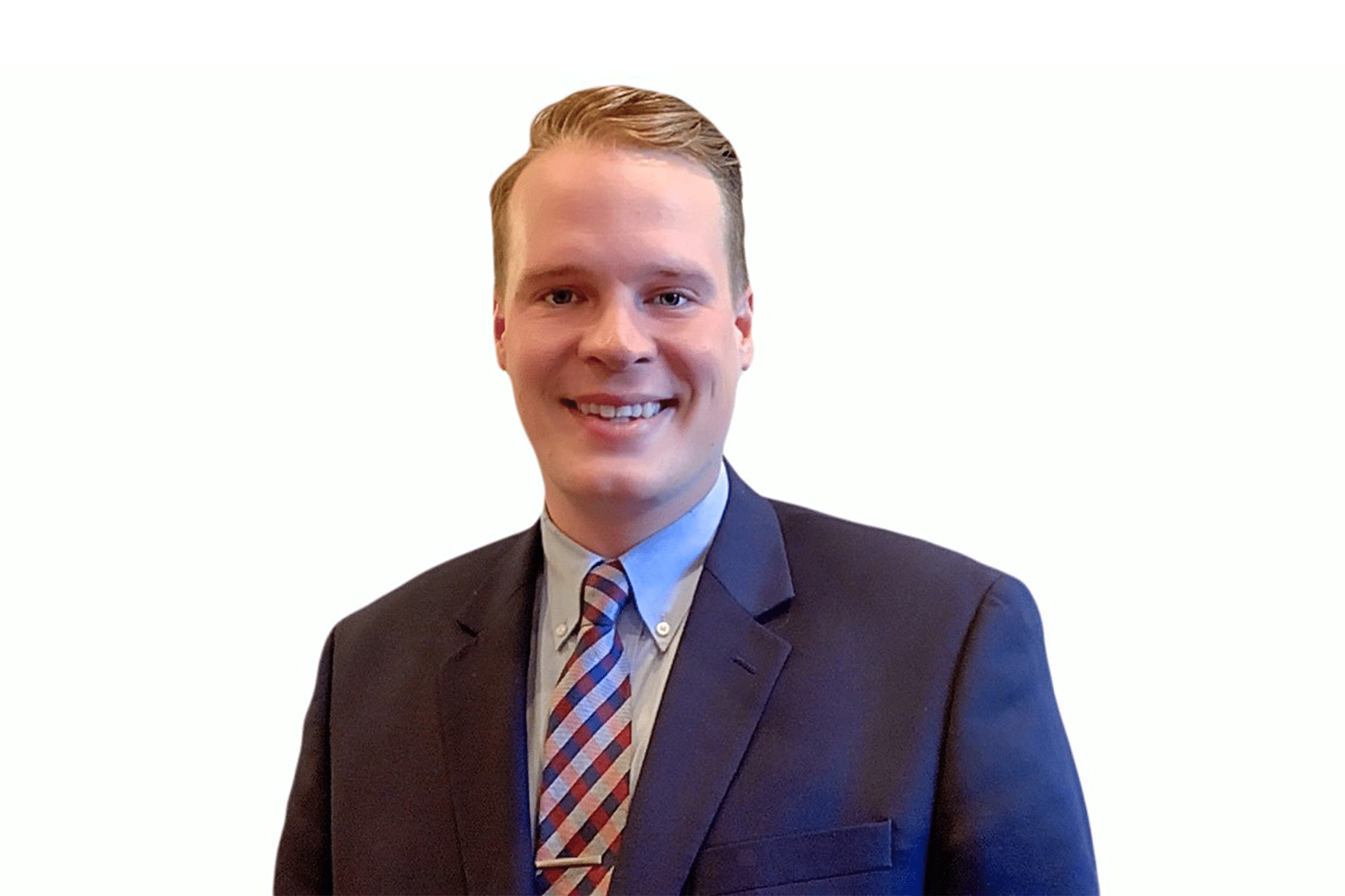Senior Account Manager, Jared Wenzel is Blue Signal’s own one-stop shop for healthcare and managed care talent. He has 10 years of recruiting and consulting experience, making him an expert in strategy, talent development, and even resumes. In this segment of Coffee with a Recruiter, Jared tackles common resume queries that can help you stand out as the best of the best among any applicant pool.
Question: Do I need a one-page resume?
Answer: “If the rumors about recruiters and hiring managers only reviewing resumes for a few seconds each, if those are true then yes I definitely believe you need to have a one-page resume. In regards to a lot of resumes that I see, many of them look like the person just copy and pasted their job description right into the body of the resume. While that does show an overview of what you can do, what’s really important is showing measurable accomplishments, any type of metrics, anything that you can show that you can stand out from the rest of the resumes is definitely a good way to go.
Really what it should look like is less like a job description and more like your own personal highlight reel. The best way to do that is really just to cut the fluff. I always think of “Tidying Up with Marie Kondo” - what sparks joy? What would spark joy in the minds of a hiring manager? What do they want to see? Well they want to see that not only can you do the job, but you can excel in the position. And I think showing measurable accomplishments and metrics is really going to make you stand out from the other applicants that just, again, copy and pasted the job description into the body of the resume.”
Q: How can I get hiring managers and recruiters to see my resume?
A: “That is a very good question! And one that I get asked a lot, because it seems like no matter how many times you send out a resume, sometimes it can be very hard to hear back from people. The truth is that oftentimes there’s a lot of people - could be hundreds of people - applying for the same job. So it’s really important to get your resume to stick out to those recruiters and hiring managers.
For me as a recruiter, when I’m searching for somebody I’m going to be taking the position description and breaking it down into specific keywords that hopefully I’ll find on a resume or a LinkedIn profile. I think what you need to make sure is that you have keywords that are industry-term specific, like any type of business associations that you are in. Acronyms are great. I also think it’s very important to spell out those acronyms, not everyone is as familiar as you are with the industry. Anything ranging from the technology you have used, how you measure your metrics, anything like that is important. It can really identify the specific industry or position that you are looking for.
There are resume optimization tools and certain websites where you can upload your resume and upload the position description. They’ll actually grade it by how many keywords are found based on your resume compared to the position description and give you recommendations on how to improve your resume to increase visualization. Many organizations will actually have tools that will scan resumes and grade them individually. If you don’t meet a certain grade your resume is getting kicked to the trash can, and the other ones are making it through. So tools like this are really helpful to kind of make sure that your resume can get more visibility. (Jared’s personal pick can be accessed here!)
And once you have your resume in front of them, kind of a neat little tip is to highlight - I wouldn’t go yellow highlight - but you can bold, underline, or italicize certain metrics or measurable accomplishments that you want to make sure that human resources or hiring manager sees. Anything that draws their eye is going to grab their attention. So again, underlining, italicizing, or even bolding certain key metrics to make sure someone sees them, is a good way to get someones eyes directly where you want them to be.”
Q: What are some ways to take my resume to the next level?
A: “There are a number of ways which you can take your resume to the next level. First one may seem pretty obvious, but it is making regular updates to your resume. Especially as accomplishments are fresh in your mind, it’s easier to jot things down and especially make them more accurate. Now I’m totally about, you know, approximations when it comes to metrics, but obviously if you can capture them as you’ve completed them, it’s just going to make your resume look more accurate. And - no one likes to have to scramble and make updates to their resume, and look back and try to dig up all these old metrics. Especially if you find yourself without a job. So, keeping your resume current - updating it quarterly, or at the very least annually. When you’re doing your annual reviews with your direct report it's a really good time to grab those metrics and jot them down on your resume.
The next one is to use a thesaurus. I’ve seen “dynamic” be used on so many resumes. Just put that into Google, put it into a thesaurus, and look up some variances of different words. It’s just going to make you look much more intellectual if you can throw in a couple words other than “strong,” or “innovative,” or one of the long list of cliche, descriptive adjectives people use for their resumes. Try to find something a little bit unique, and something that maybe fits your personality a little bit better too.
I’m always a big fan of editing for consistency. You know, get down to your bullet points - do they have periods or are they open ended? Is your font consistent all the way through? How are your margins? Little things like this. I see typos all the time. Really just making sure, and keeping a close eye on things not only shows that you can be a meticulous person. Proofread, I think it goes a long way. And really, it looks way worse on a person when they find typos in resumes or in thank you notes, or anything else like that. Send it off to somebody else if you need someone to proofread it. If you see the red squiggly mark, it means it’s spelled wrong! So, try to fix that. You know, take a fine-toothed comb and go through your resume and make sure everything is pretty consistent.
A little bonus tip for everybody, grab some references! If you know some people you work with or a past manager, get those set up and ready. Again, it’s not something that you really need to go scrambling for later. So if you can get some good people on your side, and kind of in your back pocket, it will just help for later on. Even if you don’t need it, but just in case you do, those are some good tips to help elevate your resume.”
The Key Takeaways
A resume really is the first introduction you have with a hiring authority, and just like actual intros - if not done right - it could be your last. To make sure your resume not only stands out, but also gets in front of the right audience, keep it simple by creating a one-page highlight reel, include the right keywords to get past those pesky Applicant Tracking Systems (ATS) filters, and use some new adjectives to describe your style. Update your resume often, and keep good references in your back pocket in case the need arises. Finally, if all else has failed, you can always pick up the phone and call one of our expert recruiters to help get you on the right track for that next career move.

Jared Wenzel
SR. EXECUTIVE RECRUITER
Jared is our own one-stop-shop for healthcare and managed care talent. With a background in recruiting, strategy, leadership development, and consulting – he knows what needs to be done to get your business to the next level. He finds the best of the best, not just the best in your zip code.



